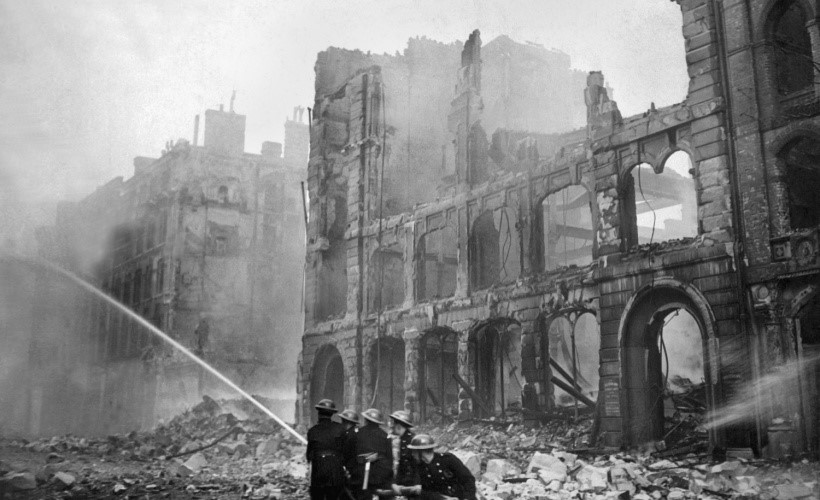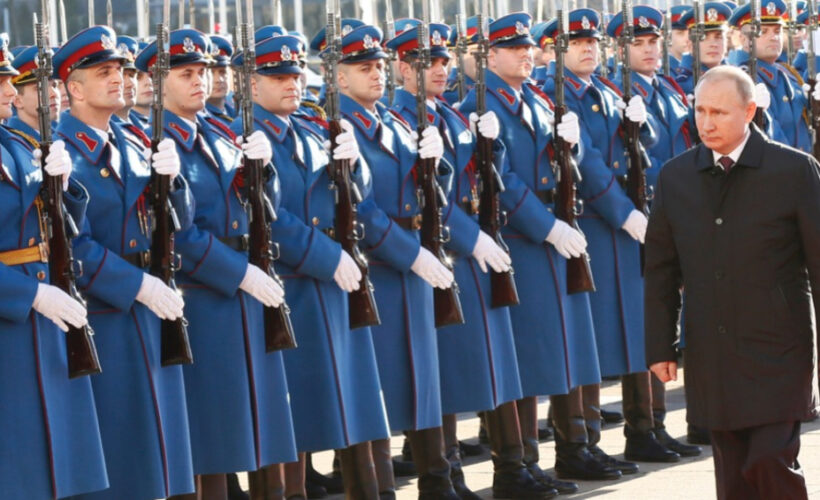By Suzanne Raine, Affiliated Lecturer
The unhappy coincidence of the twentieth anniversary of 9/11 and the humiliating withdrawal of the US and its NATO allies from Afghanistan is of course not a coincidence: the date was chosen by President Biden and intended to be symbolic. The symbolism hasn’t worked as intended, but aside from hubris, this is a stark reminder of the link between history and current affairs and the effect that each might have on the other. Instead, the anniversary is now being lauded by Jihadi groups around the world who are interpreting the Taliban’s return to power as a divine sign from Allah.
Who tells this story? As 9/11 becomes history, we are at the point where a devastating contemporary event shifts into something which is commemorated and explained to a generation that struggles to imagine the shock it created, or to understand decisions taken in response to that shock. The fact that the wars it spawned are unresolved makes the telling of the story – distinct from political agendas or national perspectives – particularly difficult. States’ calculations on self-interest and alliances are and will continue to be shaped by the geopolitical consequences of this devasting terrorist attack. Today’s undergraduate students have no memory of a time when NATO forces were not in Afghanistan. This places a special responsibility on historians of international relations to get it right: faithfully to reach back and understand and explain so that the next generation is in the best possible position to take decisions in the future. It also requires us consciously not to fall back into an ‘over-the-horizon’ posture, but instead to place renewed emphasis on understanding, particularly in parts of the world we can no longer get to.
By contrast, history is intrinsic to the identity and purpose of the Taliban, Al-Qaeda, and its aligned and successor Jihadi groups. This is often over-simplified as a regressive ideology that proposes a return to the seventh century. But that is to miss the point entirely. For them, their deep understanding of their history shapes their belief of what the future should look like, in that their political purpose is drawn from the Quran and from Islamic prophecies about the ideal state and ultimately the end of the world. The US withdrawal from Afghanistan (the land of “Khorasan”) fits a narrative arc that includes wars in Bosnia, Kashmir, Chechnya, Somalia, Algeria, Libya, Yemen, Iraq, and Syria and emphasises the role of the brave Jihadist fighter, victorious against the odds. Their objectives are to create instability and then turn ungoverned space into states run on their version of Islamic principles as a prelude to a new Caliphate. They have been absolutely consistent in their objectives and we should expect consistency in the future. The West’s task will be to remember its own history and learn how to apply it to the future challenges.







